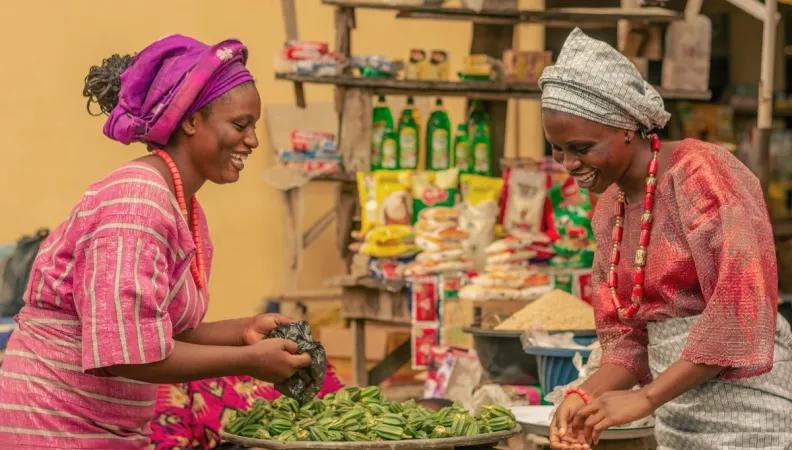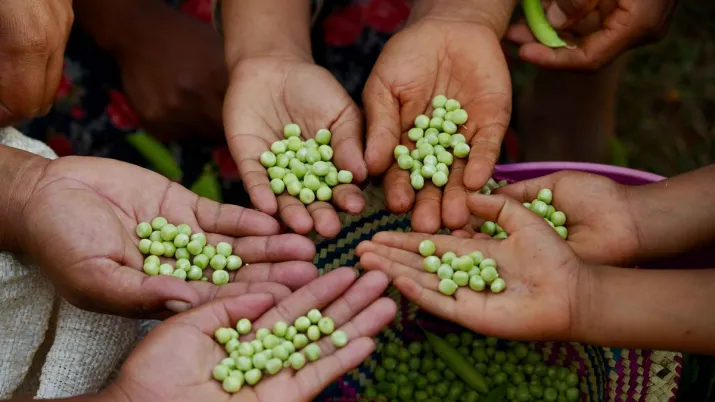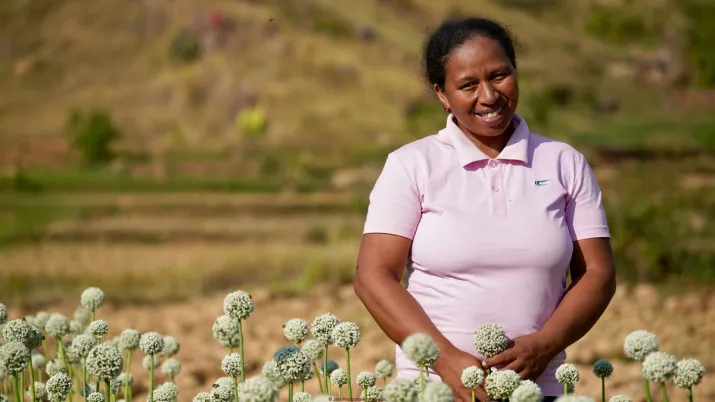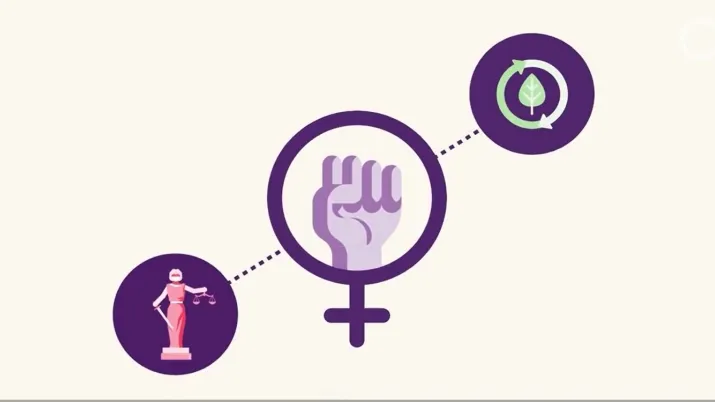Share the page
Feminist foreign policy: What tangible progress has been made on the ground?
Published on

All around the world, women and girls are the primary victims of violence, bearing the brunt of crises and inequalities. And yet, their role in providing solutions is often overlooked. To mark the fourth Ministerial Conference on Feminist Foreign Policy, hosted by France on October 22 and 23, we take a look at some of the concrete actions supported by AFD Group.
Just five years before the deadline for achieving the Sustainable Development Goals, the global situation is cause for alarm: according to UN Women, at the current rate of progress, it would take another 300 years to achieve full gender equality. Nonetheless, investing in gender equality is not only a moral imperative but also an effective economic strategy. For example, providing equal access to employment could increase global per capita income by 20%.
Physical security coupled with economic and political power
Adopted in 2019, France's Feminist Foreign Policy is focused on promoting and defending the rights of women and girls. AFD Group exemplifies this commitment through its projects on the ground, working in more than 160 countries to promote three types of autonomy for women:
- Physical autonomy, ensuring women's right to control over their own bodies and to live without fear of violence.
- Financial autonomy, giving women greater capacity to generate and manage their own income.
- Political autonomy, enabling women's full participation in shaping policy that affects their lives.
Concrete commitment
In 2024, 61% of AFD's investments around the world (including 80% in loans) contributed to reducing gender inequality and empowering women and girls.
The Support Fund for Feminist Organizations (FSOF), co-managed with the Ministry for Europe and Foreign Affairs, is one of the flagship mechanisms of France's feminist foreign policy. Since 2020, it has supported over 1,400 organizations in 75 countries.
Whether AFD's projects involve access to healthcare, food security, training, entrepreneurship, or adaptation to climate change, they promote development that benefits all citizens equally.
Building the capacities of feminist organizations
The Feminists in Action initiative was the first program financed by the FSOF and has helped build the capacities of 200 organizations in 30 countries. These organizations defend the rights of all women to have agency over their own bodies, to have a fulfilling sexual life, to choose whether or not to have children, and to live in safety, free from violence and oppression. They also promote women's economic empowerment. The final evaluation of this project demonstrated its effectiveness in supporting small organizations in particular, which often struggle to access financing. A second phase is now in development to build on these promising results.
Financing female entrepreneurship
Since 2022, AFD has been supporting a program in Egypt to promote women's entrepreneurship, implemented in collaboration with the MSMEDA public agency.
This project has facilitated the launch or development of over 7,000 MSMEs (Micro, Small or Medium Enterprises) led by women, creating nearly 43,000 permanent jobs.
By stimulating both supply (access to financial support and loans) and demand, the program is bolstering women's economic empowerment over the long term.
Supporting women in conflict zones
Twenty-five years after the adoption of Resolution 1325 by the UN Security Council, France and AFD remain committed to lasting peace, through several flagship programs:
- The Minka Fund, an instrument for peace and resilience launched in 2017, which has financed more than 140 projects that defend the rights of women and children in crisis zones;
- Three FSOF projects, led by the Euromed Feminist Initiative, Equipop and the Fund for Congolese Women, which have strengthened the capacities of 75 local feminist organizations in 13 countries in Africa and the Middle East;
- The Women Lead in Emergencies project, implemented by Care France, which supports around 80 women's groups in Bangladesh, Ethiopia and Ukraine, to take a lead role in crisis prevention and response.



